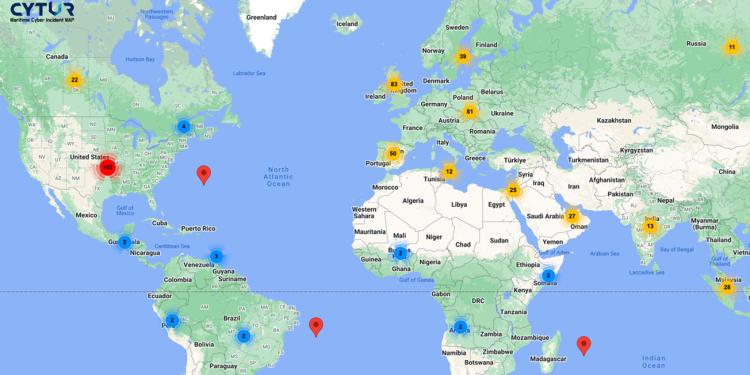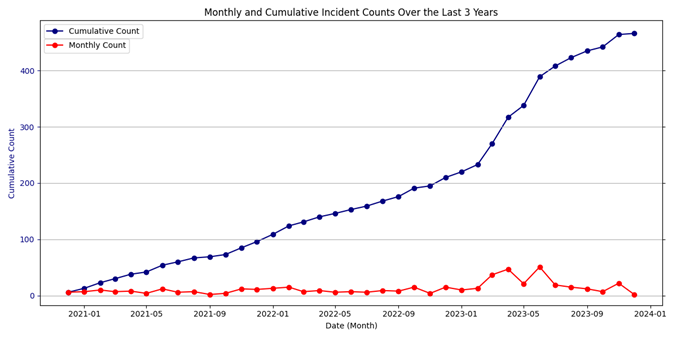

CYTUR, a company specializing in marine mobility cybersecurity (including smart and autonomous ships), successfully promoted the Smart Ship Cybersecurity Demonstration Project in 2023 with funding from the Ministry of Science and ICT and the Korea Internet & Security Agency (KISA).
Shipbuilders, ship suppliers, and academic and industrial experts in the information security industry participated in the project. They evaluated the results as best practices for preparing cybersecurity regulations for the International Association of Classification Societies (IACS) and Unified Requirements (UR) E26 and E27. The results were also considered best practices for implementing the Korean government’s Maritime Cyber Safety Management Guidelines.
Through the project, the analysis scope of shipping cyber threats increased by 400%. Additionally, resources invested in the security of ship designs were reduced by 83%, and unknown attack surfaces of smart ships were identified. The project was the result of the comprehensive application of exceptional foundational research technologies such as a ship cybersecurity framework, attack scenarios, and defense mechanisms.
The project verified the security technology developed in consideration of the life cycle of ships, as well as system characteristics, cyber threats, and attack surfaces unique to ships and the maritime industry during the design, commissioning, and operational stages of smart ships. The project was significant in that it reduced the time and costs associated with ship construction and improved security through the application of cybersecurity technology based on the life cycle of smart ships.
CYTUR plans to release the following: a form of cybersecurity technology known as SHIPPOT™ designed for specialized ships, a dedicated network intrusion detection system for ships, a cybersecurity education and training system for ships, a cyber threat monitoring service for ships and shipping companies, and a zero trust security model for ships. The company also plans to establish a leading position in the global smart ship cybersecurity market, which will become active in 2024 through dynamic cooperation with Korean shipbuilders, the Republic of Korea Navy (ROKN), the Korea Coast Guard, academia, and overseas companies.
Meanwhile, cyber threats to the maritime industry (including shipyards, shipping and equipment companies, and maritime institutions) and operational ships have rapidly increased recently. According to the analysis results of CYTUR's Maritime Cyber Threat Intelligence System, marine industry cyberattacks surged by 358%, while attack surfaces on operational ships surged by 1,034% compared to January 2022. CYTUR has therefore stated that caution is required from related industries.
Source: thedigitalship.com